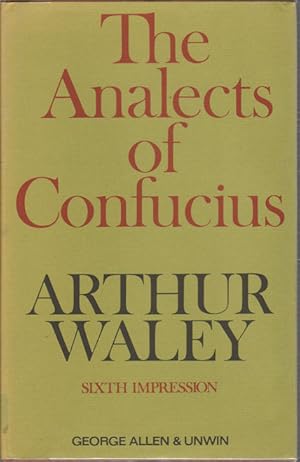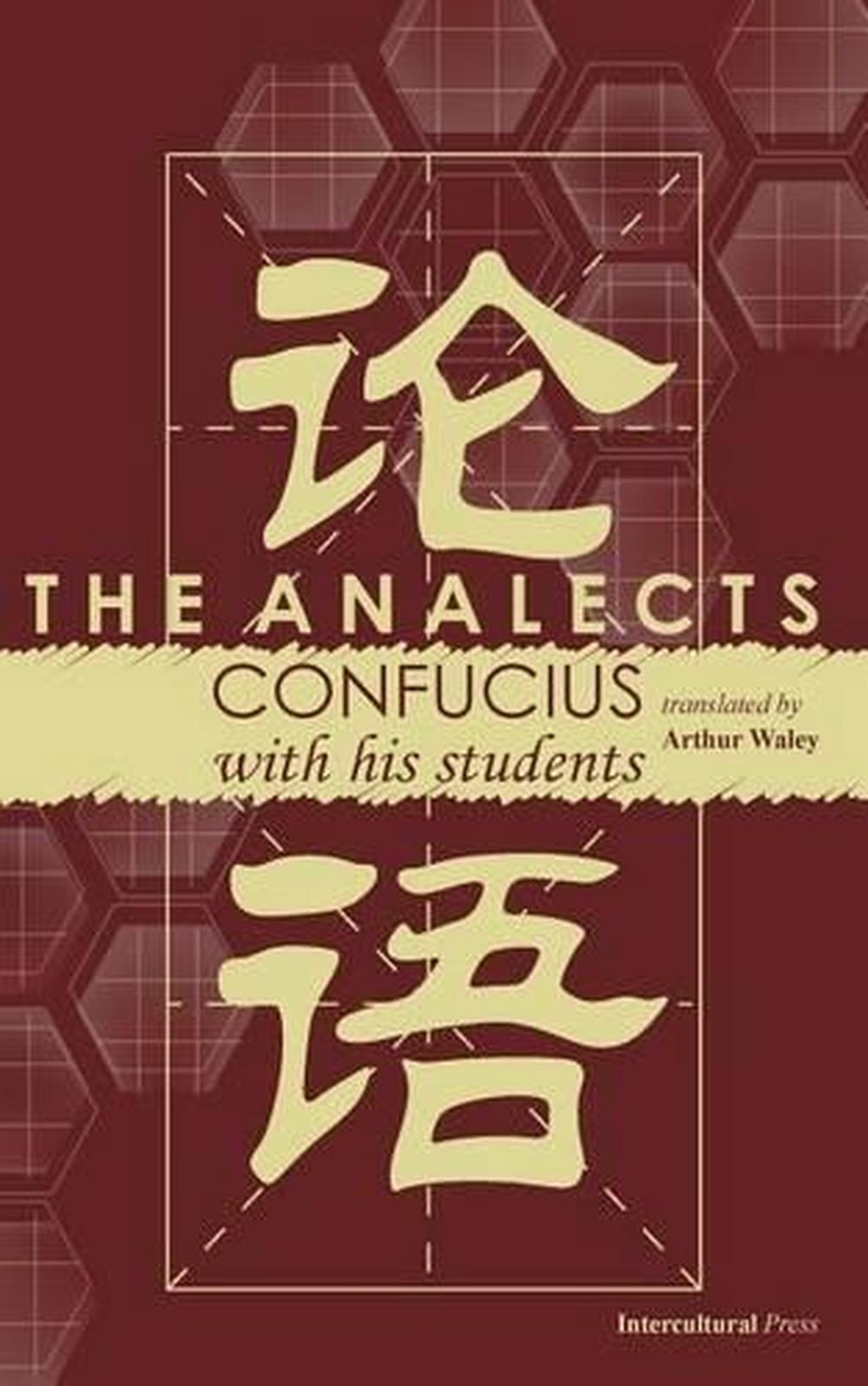
Confucius asks Jan Ch'iu, a court minister for the Chi family, if he could not convince them to avoid making such a mistake. Again, he argues that the Chi family has abandoned tradition and humility by making offerings at Mount T'ai, a privilege reserved for the Emperor and high aristocracy.

In keeping with the theme of the Book, the former interpretation seems more likely, although it is unclear which is correct.Ĭonfucius's critique of the Chi family continues in Chapter 6. Other translations quote Confucius as making a derogatory comparison between the people of China and the people of the East and North, stating that such tribal peoples, even with their kings, are not equal to the people of China. In some translations Confucius seems to mourn the state of politics in China and how the centralization of power has been replaced by a more feudal system governed by regional lords, whereas even more tribal cultures have managed to hold on to their traditions. Most scholars see a direct comparison by Confucius between the peoples of the East and North (believed to be referring to the Mongolians and Koreans) and those of China. The "Son of Heaven" in the text refers to the Zhou king.Ĭhapter 5 varies greatly from translation to translation. As such, Zhou kings ruled largely in name only. In 771 BC, the Zhou Dynasty lost most of its power to regional lords when the royal line was broken. Some historical context is also important here. The Yung Song or ode mentioned refers to the Book of Songs, whose use was originally only appropriate in the Emperor's court and not in the Duke's palace.


This refers to the Chi, Mang, and Shusun. In Chapter 2, Confucius mentions the Three Families of Lu. This Book of the text deals largely with matters of ritual and family, so this is a fitting start.

The Chi family's crime was in usurping rites allowed only by members of higher families. Eight teams of dancers were the most allowable to high-level aristocrats or possibly the Emperor himself. Chapter 1 of this book concerns the Chi (or Ji in some translations) family, which had usurped most of the powers of the Duke of Lu.


 0 kommentar(er)
0 kommentar(er)
